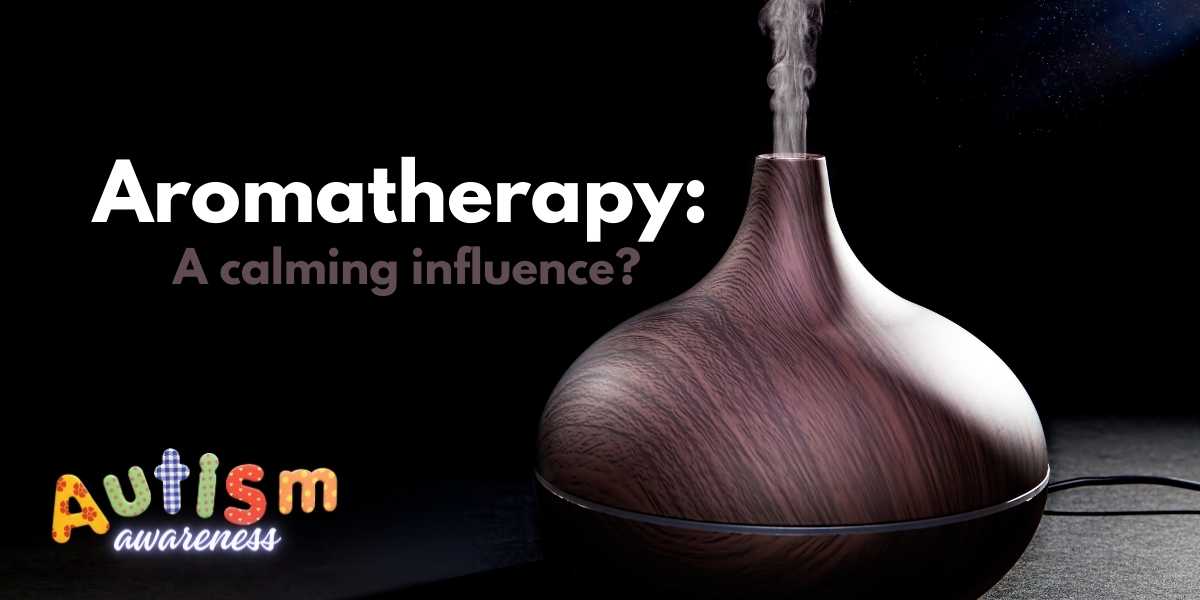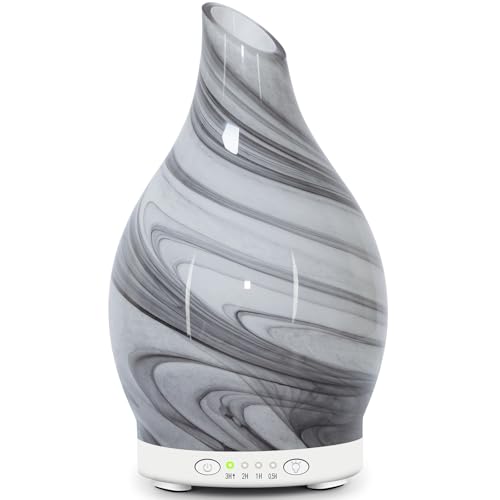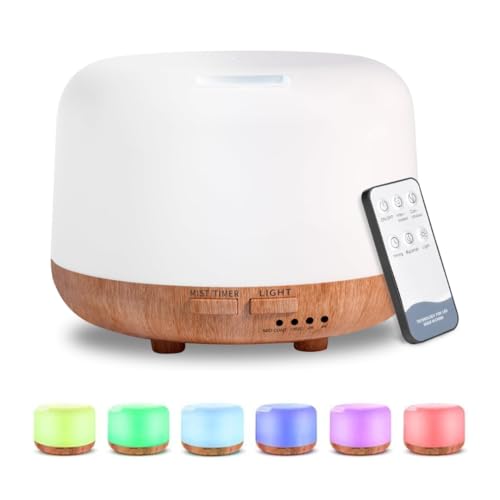Aromatherapy, the practice of using essential oils to promote well-being, has gained popularity for its potential to create a calming atmosphere. Aromatherapy diffusers, which disperse essential oil vapours into the air, are commonly used to enhance relaxation. While research on the specific effects of aromatherapy on individuals with autism and complex needs is still evolving, there is growing interest in its potential benefits for this population.
Sensory Sensitivity and Aromatherapy:
Individuals with autism often experience heightened sensory sensitivities, making them more attuned to their environment. Aromatherapy diffusers can provide a gentle and non-intrusive way to introduce calming scents into a space. Certain essential oils, such as lavender and chamomile, are known for their relaxing properties and may contribute to a more soothing environment.
Promoting Relaxation and Sleep:
Many individuals with autism face challenges related to anxiety and sleep disturbances. Aromatherapy has been studied for its potential to reduce anxiety and improve sleep quality in various populations. Diffusing calming scents before bedtime may create a tranquil atmosphere, potentially aiding in relaxation and promoting better sleep hygiene for individuals with autism and complex needs.
Creating Predictable Environments:
Individuals with autism often thrive in predictable and structured environments. Aromatherapy diffusers can be incorporated into daily routines, providing a consistent sensory experience. This predictability may help individuals with autism feel more secure and comfortable in their surroundings, contributing to a sense of routine and stability.
Individualised Approach:
It’s essential to recognise that each individual with autism is unique, and what works for one person may not work for another. When using aromatherapy diffusers for individuals with autism and complex needs, it’s crucial to consider personal preferences and sensitivities. Some individuals may respond positively to certain scents, while others may find them overwhelming.
Conclusion:
While research on the benefits of aromatherapy diffusers for individuals with autism and complex needs is still in its early stages, there is anecdotal evidence suggesting that these devices may contribute to creating a calming environment. Incorporating aromatherapy into a holistic approach that considers individual preferences and sensitivities may offer an additional tool for promoting well-being and relaxation. As with any therapeutic intervention, it’s important to consult with healthcare professionals and caregivers to ensure a personalised and safe approach for each individual.









